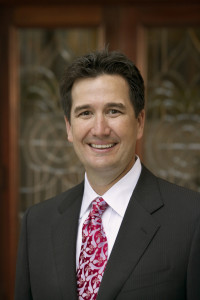BP Cleanup Captain Files Suit
Another lawsuit has arisen from the Deepwater Horizon oil spill in 2010, this time stemming from the cleanup of the aforementioned accident.
Josip Piacun filed a complaint against BP Exploration & Production Inc., and B.P. America Production Co. alleging gross negligence under general maritime law. Piacun claimed that the company negligently exposed him to hazardous and cancer-causing compounds.
Piacun was hired as a vessel captain in April 20, 2010, in response to the BP oil spill. While he was employed from June 2010 to December 2010, Piacun claims BP negligently exposed him to dermal and airborne chemical compounds that are generally accepted to be toxic, volatile, and carcinogenic. The suit states that, as a result of this exposure, Piacun “developed psychological, dermal, respiratory, and cardiopulmonary complications.”
 Louisiana Lawyer Blog
Louisiana Lawyer Blog


